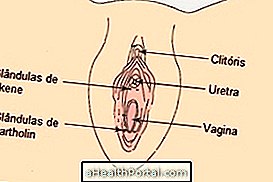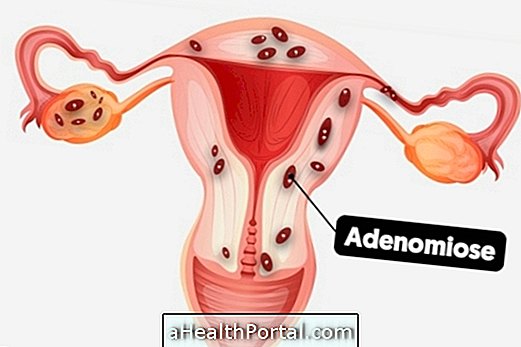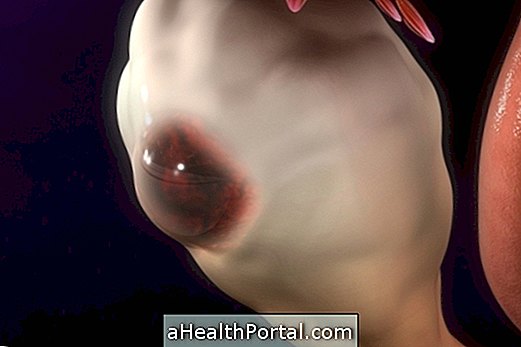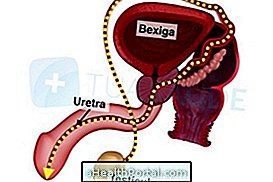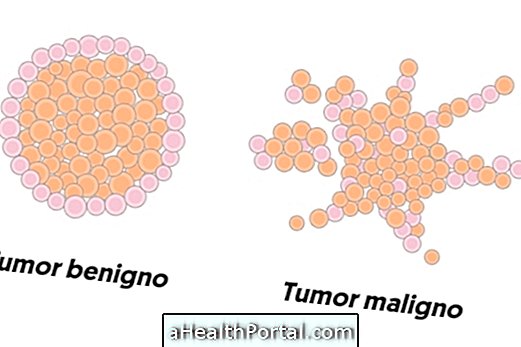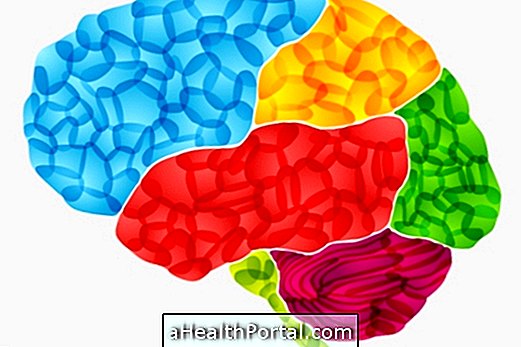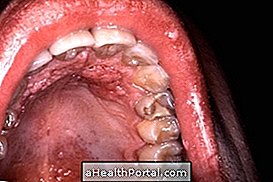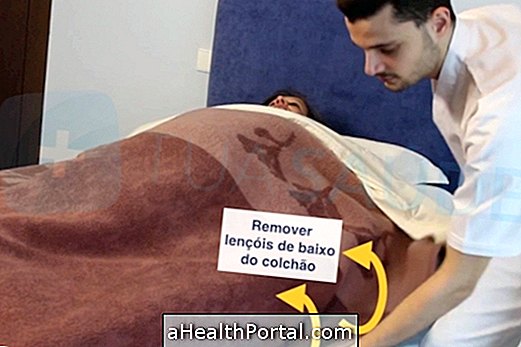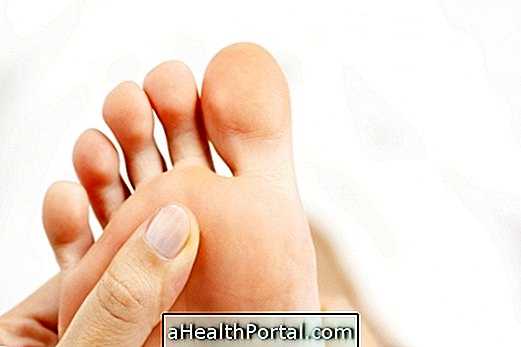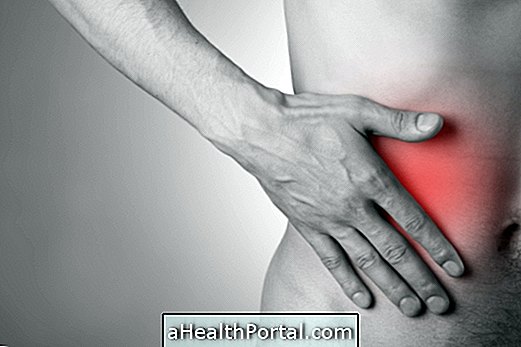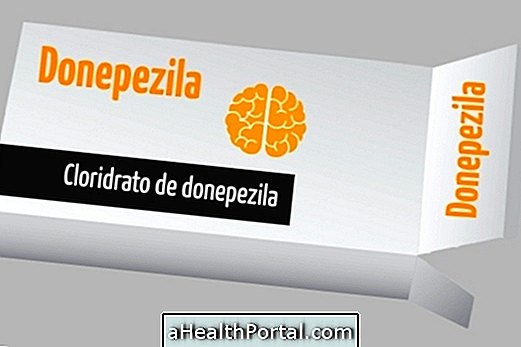Although it is possible, those who have endometriosis have more difficulty getting pregnant, especially if the ovaries and uterine tubes are compromised. However, there are several reports of women who have been able to conceive naturally even with the diagnosis of deep endometriosis.
When the endometrial tissue lining the uterus internally spreads through the abdominal cavity, it can cause adhesions in various tissues and organs, compromising its functioning. Therefore, some women diagnosed with endometriosis may have some difficulty getting pregnant naturally.
If the operation of the ovaries or fallopian tubes is compromised, medical treatment is recommended to remove any endometrial tissue that is making pregnancy difficult. If even after this procedure the woman can not get pregnant, other possible causes of infertility, such as polycystic ovary syndrome, should be investigated. See more about Polycystic Ovary Syndrome.

How To Get Pregnant With Endometriosis
To increase the chances of getting pregnant by having endometriosis, your doctor may advise:
- Medications like Zoladex, which decreases the symptoms of the disease and its progression;
- Surgery to remove endometrial tissue that is in the abdominal cavity;
- Practicing sexual intercourse during the fertile period;
- Reduce anxiety.
The time that a woman takes to get pregnant may vary due to factors such as age, number of children, time of diagnosis of endometriosis and classification of the disease. Usually, the youngest women with a recent diagnosis of mild endometriosis are the most easily able to conceive.
Endometriosis can also lead to problems such as blocked tubes. Here's how to diagnose and treat the obstructed tubes to get pregnant.


